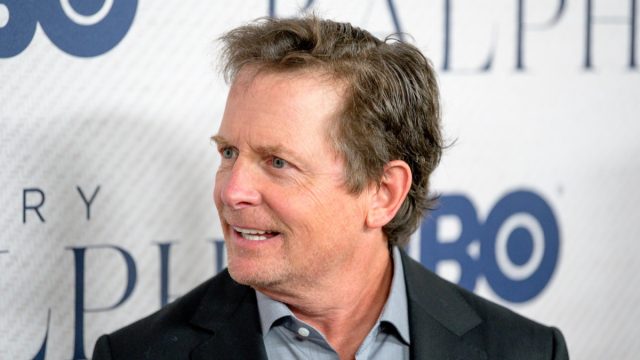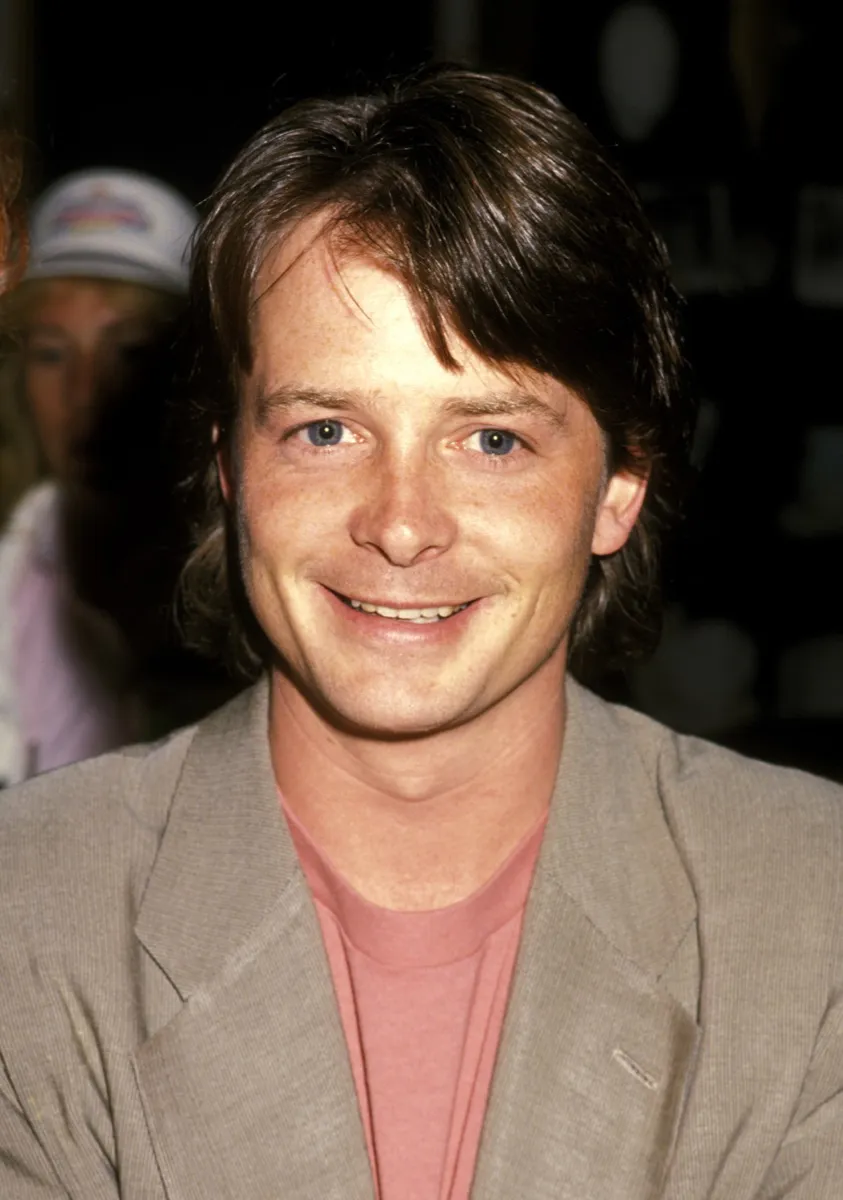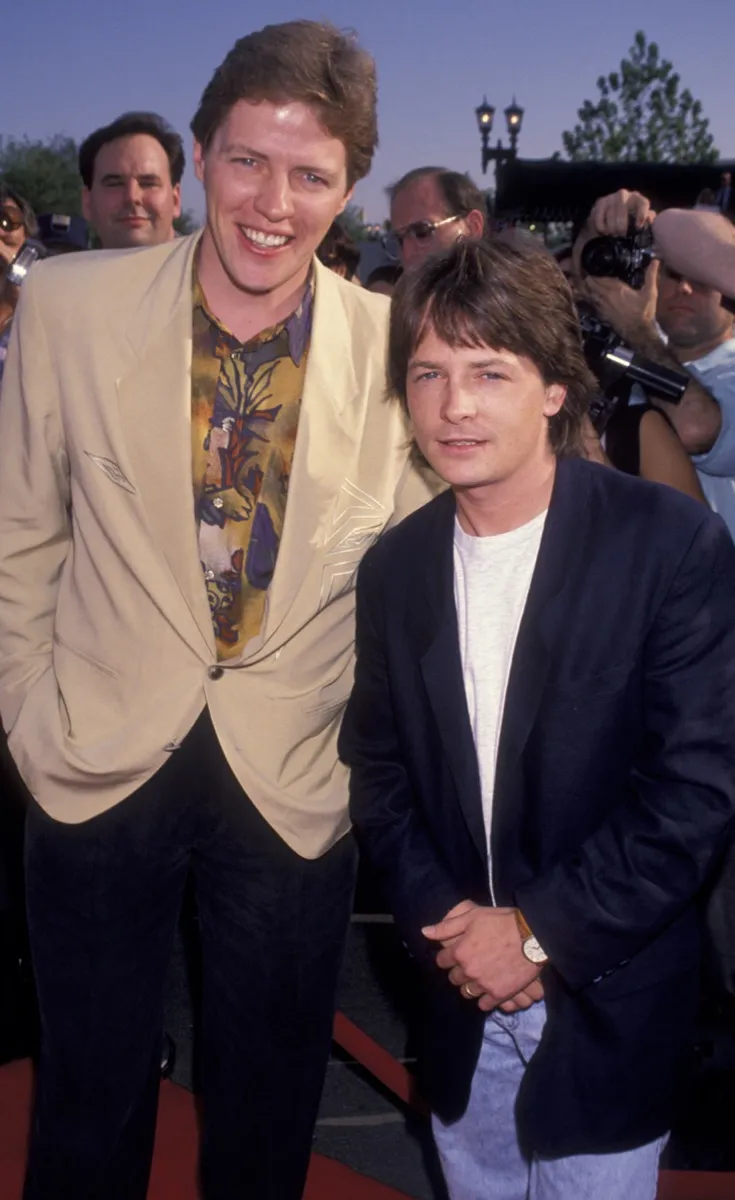Michael J. Fox Almost Died When a Stunt Went Wrong on This Hit Movie

The 1985 time travel comedy Back to the Future was one of the decade’s biggest hits and propelled star Michael J. Fox, already well known for playing Alex P. Keaton on the hit sitcom Family Ties, to mega-stardom. Many fans have heard the legend behind Fox’s casting in the career defining role: He was the first choice for the character, but unable to make time for it in his busy TV schedule. A different actor, Eric Stoltz, was cast, but after five weeks of shooting, director Robert Zemeckis determined he was wrong for the role, and recast Marty with the suddenly available Fox. The rest is (past and future) history.
What most fans may not know is that the film’s second sequel, 1990’s Back to the Future Part III, in which Marty McFly travels back in time again—this time to the Old West—to save his friend Emmett “Doc” Brown (Christopher Lloyd), came close to being Fox’s last movie when a stunt went terribly wrong. Read on to find out how the actor came close to a tragic end filming the third Back to the Future.
READ THIS NEXT: Halle Berry Says This Co-Star Saved Her Life in a Love Scene Gone Wrong.
The accident happened during one of the Old West scenes.

As in every era of the Back to the Future universe, 1885 finds a member of Biff Tannen’s family bullying a McFly. This time, Biff’s great-grandfather Buford “Mad Dog” Tannen (Tom Wilson) chases Marty through town, eventually lassoing him, dragging him to the gallows, and attempting to string him up by the neck, only to have Doc snap the noose with an expert shot over Marty’s head.
In his 2003 memoir Lucky Man (via ScreenRant), Fox revealed that, in one take, the stunt procedure went awry and the noose actually tightened around his neck as members of the crew looked on, unaware of what was happening.
Fox was supposed to be standing on a box.
While a stunt double performed the wide shots of a dangling Marty struggling in the air, this shot was a close-up, meaning there was no need for Fox to actually be suspended. As such, the original plan was for him to perform the scene while standing on a small box. After a few takes, however, the crew found the swinging effect didn’t look realistic enough. In a move that would nearly prove deadly, Fox offered to try the stunt without the box, managing to successfully fit his hand between the rope and his neck to prevent it from tightening to the point where he couldn’t breathe.
“This worked well for the next couple of takes, but on the third I miscalculated the positioning of my hand,” Fox wrote in Lucky Man. On that take, he said his carotid artery was blocked, leading him to lose consciousness.
For more celebrity trivia sent right to your inbox, sign up for our daily newsletter.
Everyone on set thought he was just acting.

What’s even scarier, is that, at first, none of the crew or the other actors even realized Fox was actually choking. They simply thought he was pretending to lose consciousness to sell the bit.
“I swung unconscious at the end of the rope for several seconds before Bob Zemeckis, fan of me though he was, realized even I wasn’t that good of an actor,” he wrote in his memoir of the moments before he was rescued.
While the star of the film was thankfully not seriously harmed, shooting was halted for the day so Fox could recover.
That wasn’t the only stunt that went wrong in the trilogy.
There was also a frightening incident on the set of 1989’s Back to the Future Part II. Reportedly, last-minute changes to stunts in the scene where a future Tannen chases Marty through town led to a serious accident affecting stunt performer Cheryl Wheeler.
Citing the behind-the-scenes look at filming We Don’t Need Roads: The Making of the Back to the Future Trilogy, a 2015 Gizmodo article describes the events leading to the doomed stunt in the scene in which hoverboard-riding gang members break through the Hill Valley clocktower. After foreboding test runs and multiple last-second changes, Wheeler, who was doubling Tannen’s girlfriend, slammed not through the sugar glass of the clock tower, but into a pillar. Although the heavily padded double emerged from that error unharmed, the FX operator did not see she hadn’t made it to her intended mark and released the rigged stunt doubles from 22 feet in the air to the ground. Wheeler then fell not onto the intended crash pad but onto the concrete below, sustaining some major injuries. She was revived by paramedics and, according to Women in Stunts, ultimately underwent multiple reconstructive surgeries and extensive rehab in the years that followed.